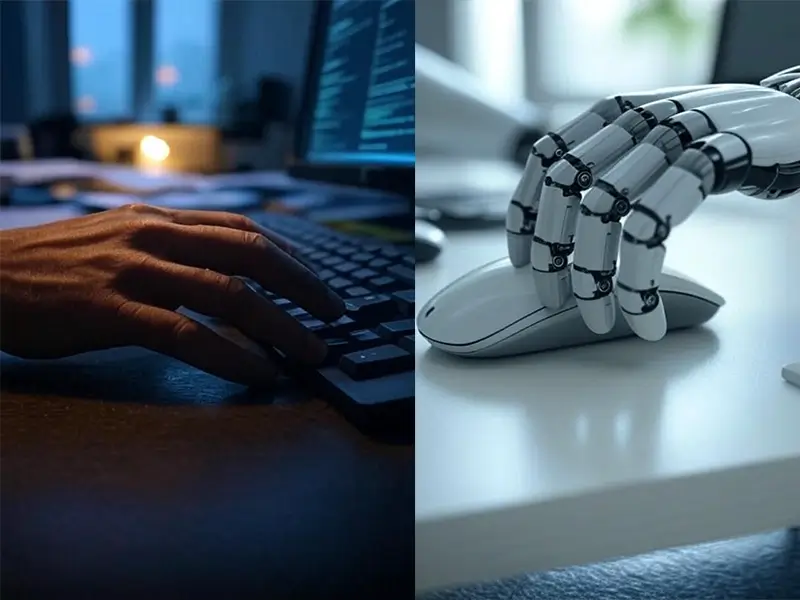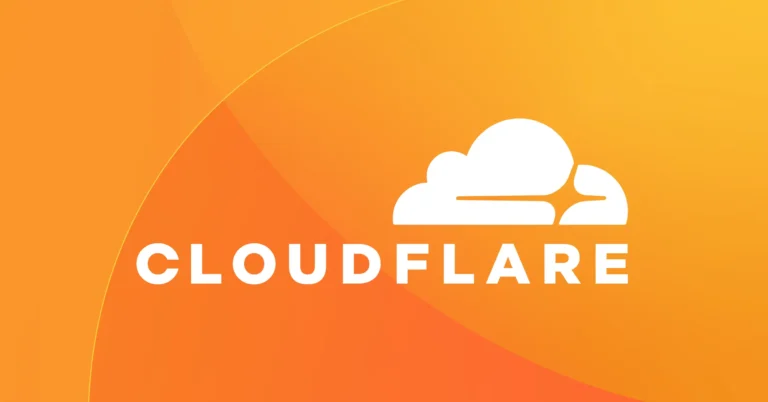For years, experts have warned that artificial intelligence (AI) could take over human jobs. Visionaries like Bill Gates, Sam Altman, and Nvidia CEO Jensen Huang have all sounded the alarm: if you’re not skilled with AI, your job might not survive the decade.
Gates even went as far as saying that only three jobs may be safe in the long run — the rest could be automated.
Until recently, most of these warnings felt like futuristic speculation.
But now, the numbers are here. And the shift is no longer theoretical.
The Hard Evidence: AI Is Already Replacing Jobs.
A data firm called Revelio Labs has published hard numbers on the jobs AI is actively impacting. They track job postings and employment patterns across the internet and translate that into trend insights.
And here’s what they found:
Since AI’s rise, certain job categories have started to shrink — with an average decline rate of 19% as of June 2025.
Compare that to just 2–5% decline measured by researchers in 2023, and the trend becomes crystal clear:
AI adoption is accelerating, and the job market is reacting.
Jobs at High Risk of AI Automation
These are the roles most exposed — meaning AI can already do a large share of the tasks involved:
• Database Administrator – 69% of tasks can be done by AI
• IT Specialist – 62.4%
• Information Security Analyst – 61.8%
• Data Engineer – 59.4%
These aren’t “blue-collar” roles. These are technical, skilled jobs — which makes the disruption even more serious.
Jobs AI Can’t Take (Yet)
Some jobs, however, remain relatively safe — at least for now. These involve physical presence, emotional intelligence, or real-time decision-making:
• Restaurant Manager – Only 15.6% of tasks are AI-compatible
• Crew Member (e.g., hospitality, transport) – 17.1%
• Foreman (Construction/Manufacturing) – 18.9%
• Corporate Trainer – 19.5%
• Mechanic – 20.1%
These jobs are less about repetitive digital tasks and more about people, context, and environment — areas where AI still struggles.
Companies Are Already Acting — But It’s Complicated
Big brands like Shopify and Duolingo are already reshaping their workforce with AI. Some are cutting human jobs aggressively to reduce costs.
But this doesn’t always go as planned.
Take Klarna, a global fintech company. At one point, they proudly declared that AI had replaced the work of 700 full-time customer service agents. Fast forward a few months — Klarna started rehiring humans again.
Their reason? The quality of AI work wasn’t good enough.
They admitted that while AI reduced costs, it also reduced performance. Human nuance, empathy, and judgment still mattered — especially in customer-facing roles.
The Hybrid Future?
Here’s the likely path forward: A hybrid model, where AI handles repetitive tasks while humans focus on higher-level judgment and creative problem-solving. But there’s a catch. Companies like Klarna have also said: Once AI is mature enough, they’ll scale down human staff faster. Some experts believe this “AI tipping point” could arrive within the next 12 months.
AI isn’t coming for every job. But it’s already taking over parts of many jobs — quietly, quickly, and efficiently.
The real danger? Being unprepared.
The real opportunity? Learning to work with AI instead of competing against it.
Bonus
Curious about which jobs were declared safe by Bill Gates? Here you go –
Coders: The Architects of AI
It’s a twist of fate — the very people building AI are also the ones most protected from it.
While AI tools like GitHub Copilot and ChatGPT can generate basic code, they still fall short when it comes to writing complex systems, solving deep architectural challenges, or fixing bugs that don’t follow predictable patterns. Human developers are still essential for overseeing the AI itself, integrating systems, and pushing innovation forward.
Even AI needs a human hand to guide its evolution.
Gates believes programmers — especially those working on advanced software, system design, and AI infrastructure — will remain critical for the foreseeable future.
Energy Experts: The Guardians of Power
From oil and gas to nuclear and renewables, the global energy system is one of the most complex and sensitive sectors in existence. AI can assist with data modeling or predictive maintenance, but it can’t replace strategic decision-making, geopolitical risk assessment, or crisis management.
Human experts are still needed to handle the real-world messiness of the energy landscape — from navigating shifting regulations to planning sustainable transitions across borders and technologies.
When the grid fails or diplomacy is on the line, you don’t want a chatbot making the call.
That’s why Gates includes energy professionals in his short list of enduring roles.
Biologists: The Explorers of Life
AI can analyze genomes, detect cancer cells, and crunch massive medical datasets. But it still can’t ask the right scientific questions, design creative experiments, or make intuitive leaps based on incomplete data.
Biologists — especially in medical research, genetics, and drug discovery — often work in environments where there’s no clear right answer. This requires a deep mix of curiosity, critical thinking, and hands-on testing that AI simply can’t emulate.
If this article made you think—bookmark Wiz Fact.
We’re just getting started.
Smart, rebellious ideas are what we do here. Soon, we’ll launch our newsletter too—so these insights can fly straight to your inbox. No fluff. Just facts worth knowing.








